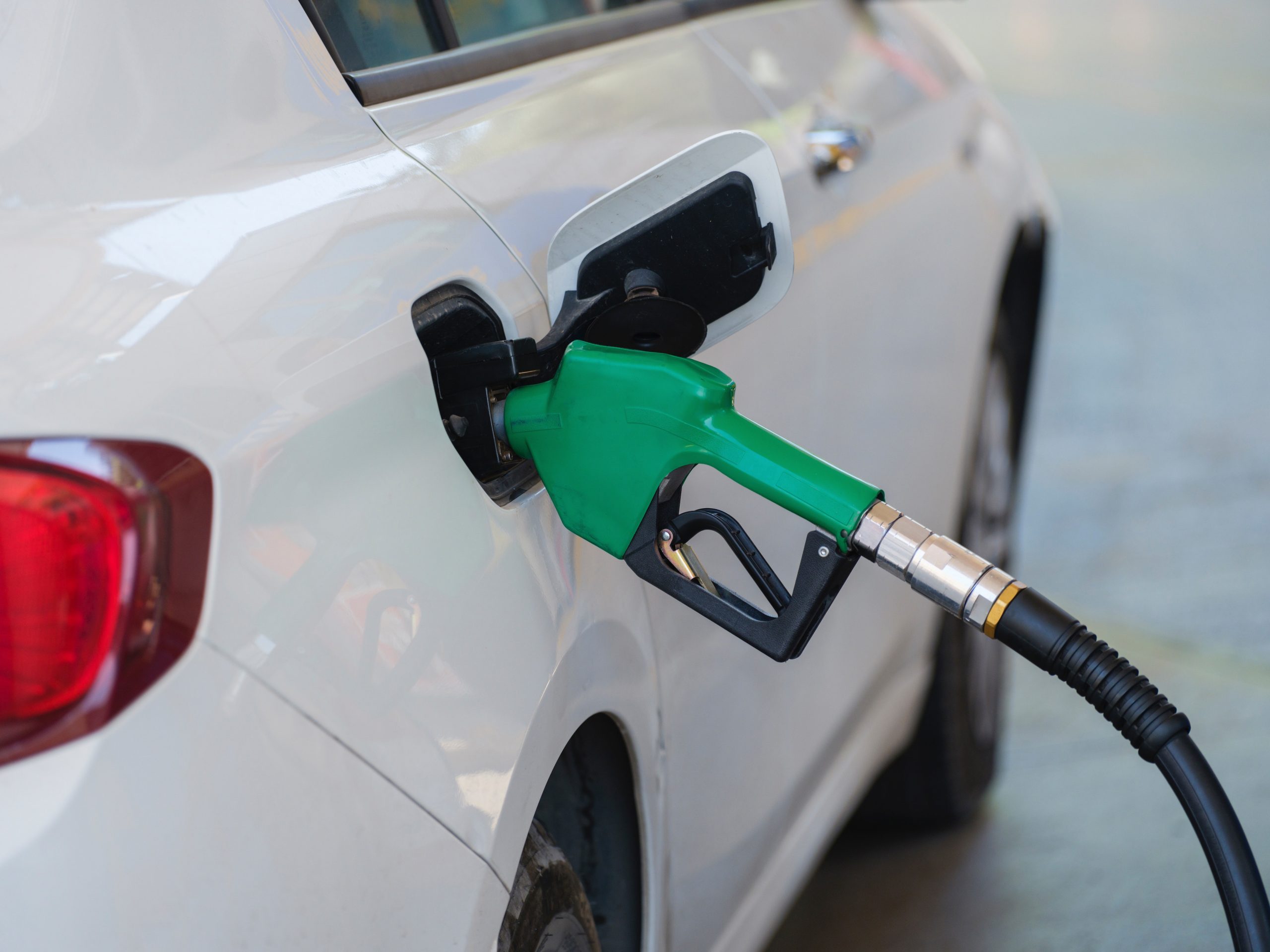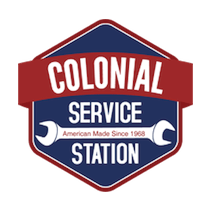

If you spend a lot of time on the road, then you understand the frustration of frequent trips to the pump that cost a small fortune. The good news is that there are ways you can reduce the cost at the pump by making some changes in your vehicle maintenance and driving routines. In this month’s blog post, we highlight five ideas for reducing fuel consumption, increasing fuel efficiency, and saving money at the gas pump.
- Use the Right Fuel Octane
Most drivers choose a low octane fuel for their vehicles because it costs less. However, if your vehicle is designed for a higher octane, then you should use the higher octane. Octane level represents the measure of the stability of the fuel. A higher-octane fuel will withstand the pressure more before it spontaneously combusts. If you drive a newer vehicle that requires a high octane, you can reduce fuel efficiency by using a lower octane fuel. Use the octane level that is recommended by your vehicle manufacturer.
- Drive the Speed Limit
The faster you drive, the more fuel your vehicle will consume. This is why it is always advisable to use the cruise control when on the highway. Cruise will help maintain a steady vehicle speed and save on fuel consumption. Stick with the speed limit to save gas and stay safe.
- Replace Your Engine Air Filter
Your vehicle’s engine air filter cleans the air that enters your engine. Air is an important component of a combustion engine, as it mixes with fuel to create the energy that makes your engine run. When the filter is dirty or clogged, it reduces your fuel efficiency. Adding a filter check to your regular oil changes, ensures that you are replacing the filter to keep your engine running smoothly.
- Keep Your Tires Inflated
If you are driving with underinflated tires, this can contribute to lower fuel efficiency. Tires air pressure should always be set at manufacturer specifications and checked periodically. Along with proper inflation, you should have your wheels aligned when you notice signs of uneven tread wear. Alignment problems will cause your vehicle to work harder and burn more fuel.
- Follow You Vehicle Maintenance Routine, Including Tune Ups
Overall maintenance is important, which means you are staying on top of oil and fluid changes. As well, you should have a tune-up with your ignition system, including spark plugs, wiring, and timing. Bad or faulty spark plugs can affect your fuel efficiency and should be checked at least once a year, depending on how much driving you do over the year.
In addition to the above, make sure that you are not carrying a lot of extra weight in your vehicle. If you store heavy items such as tools, this can make the vehicle heavier. A heavy vehicle requires more power and will impact your fuel efficiency.
If you adopt some simple changes to your vehicle maintenance and driving routines, you should begin to realize cost savings at the pump. Every little bit helps when trying to improve your vehicle’s fuel efficiency. If you would like to have your vehicle serviced, contact the professionals at Colonial Service Station to schedule an appointment.
